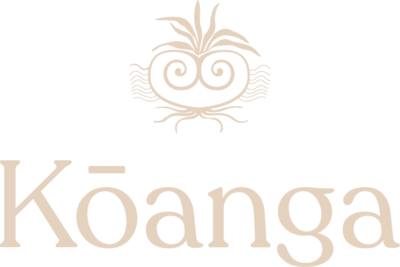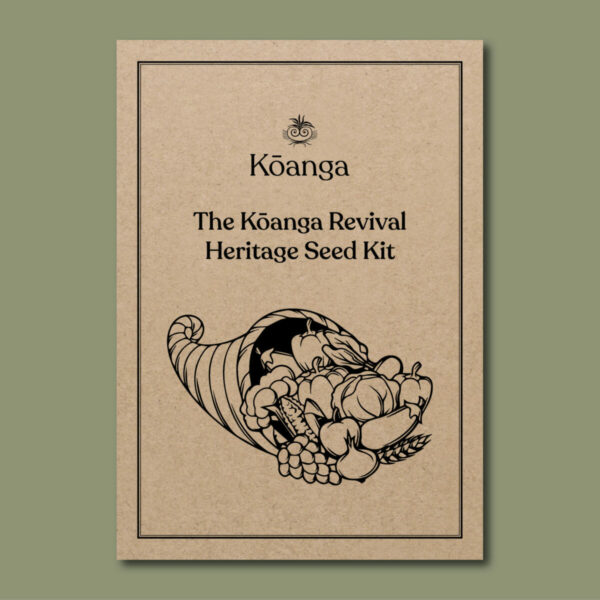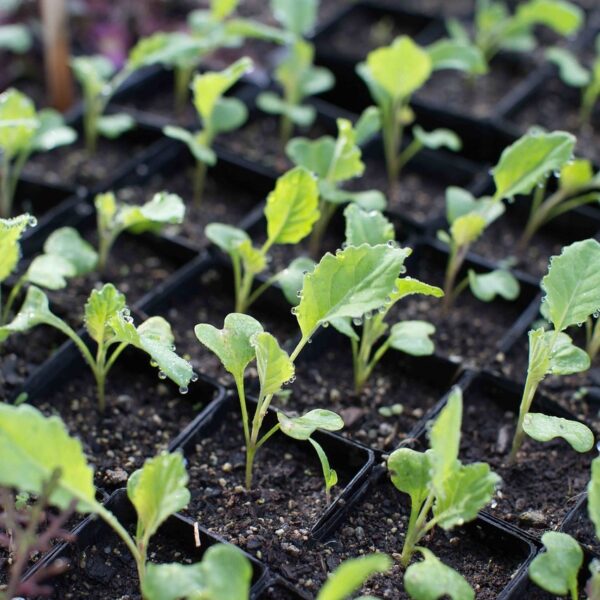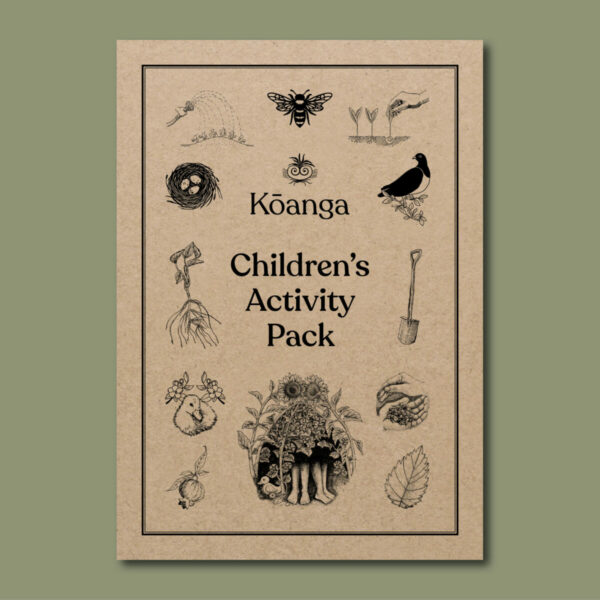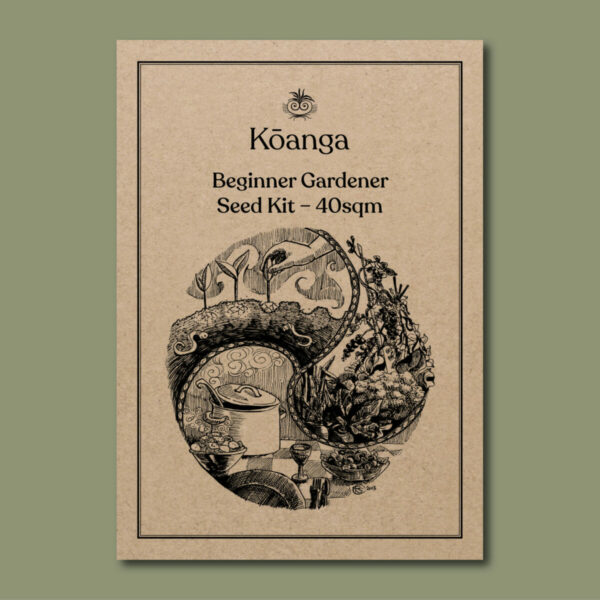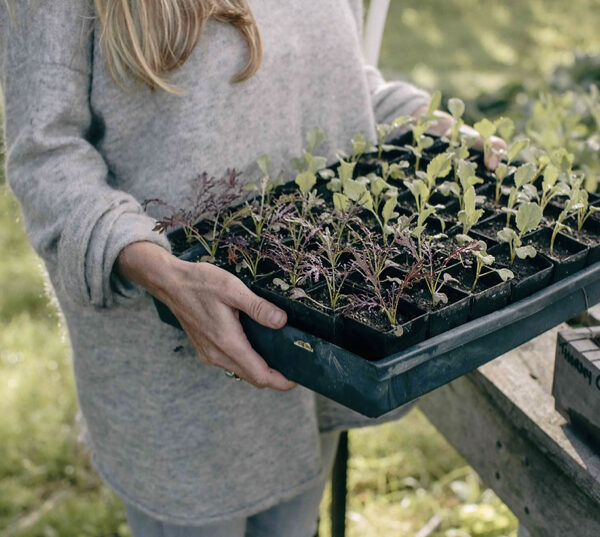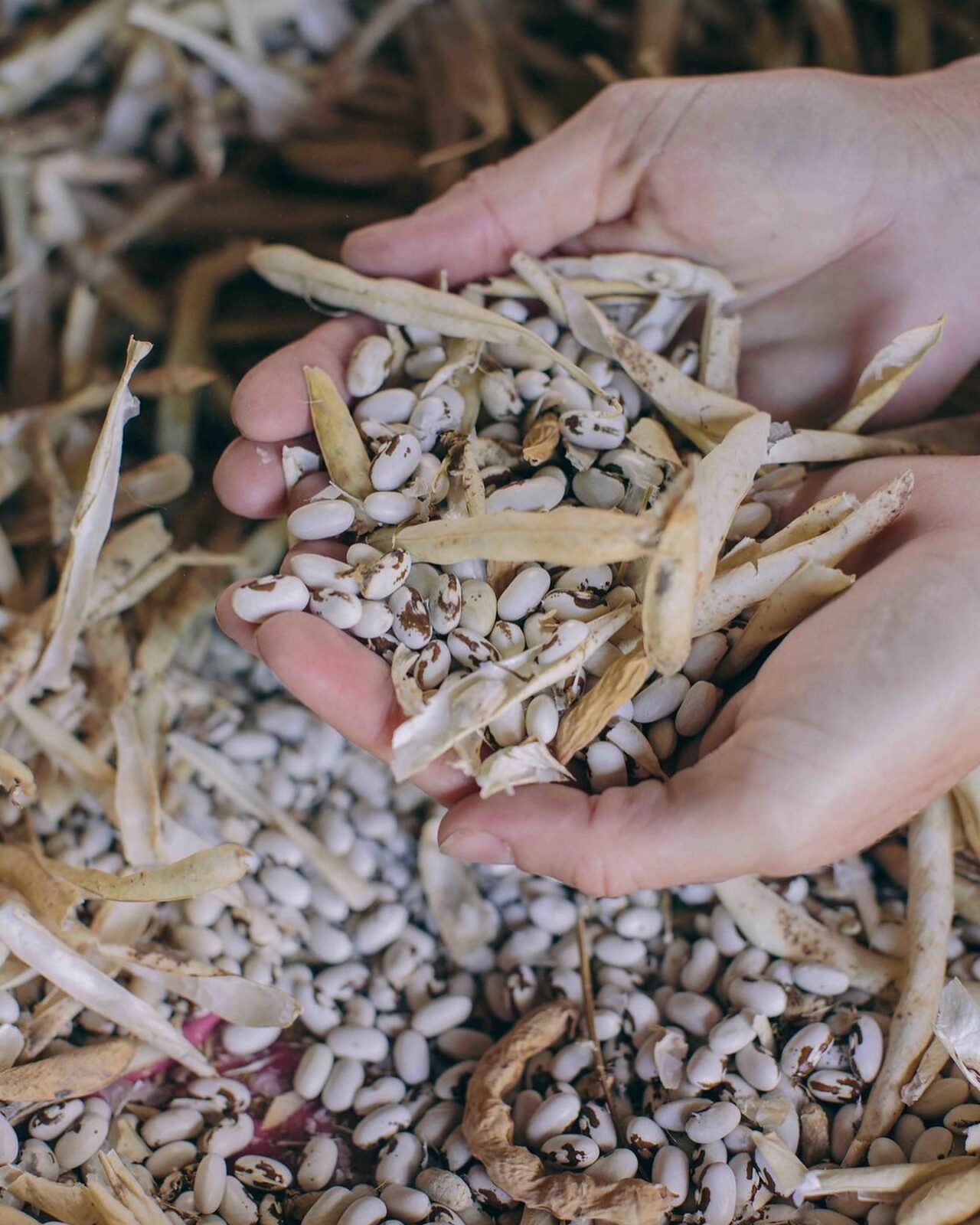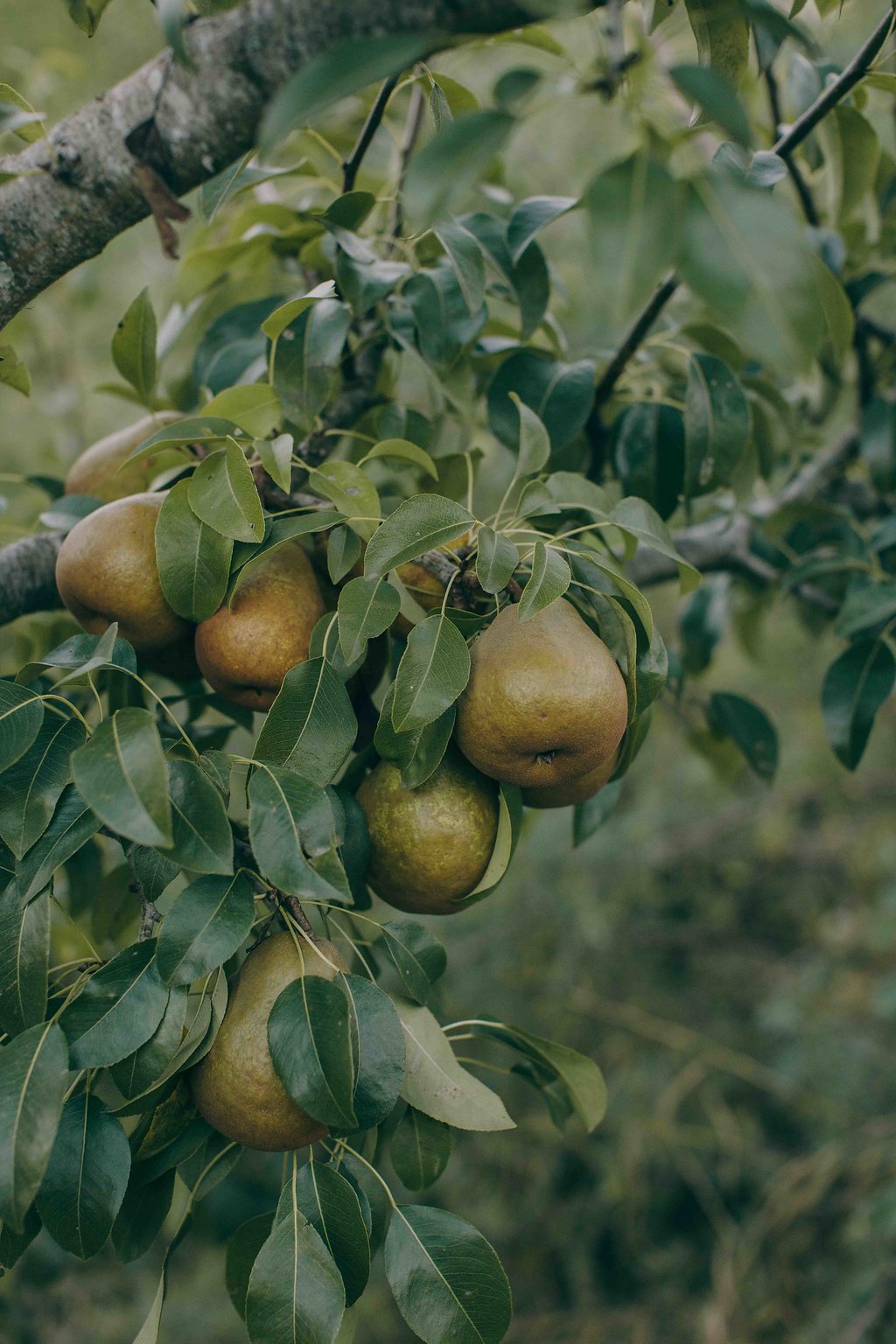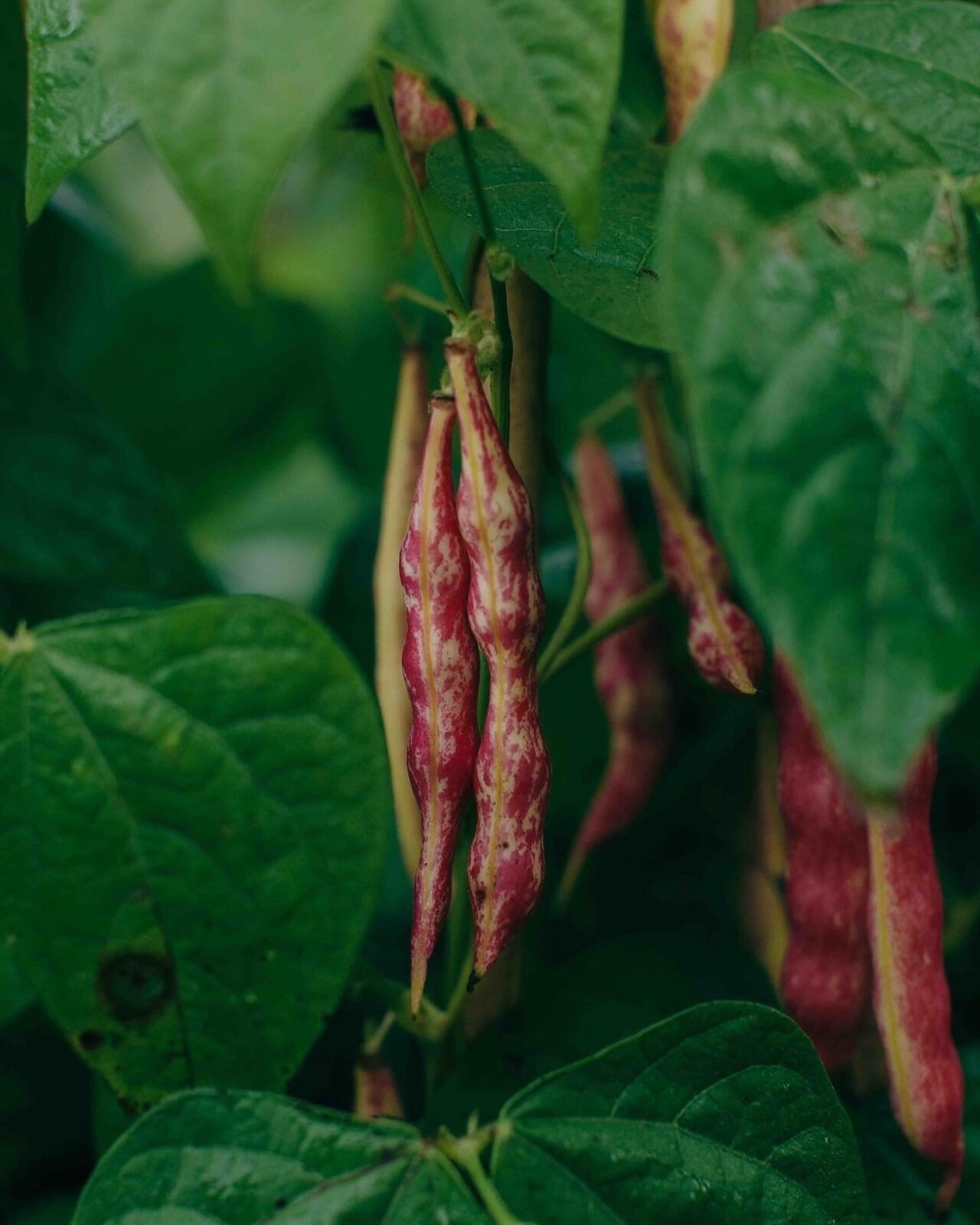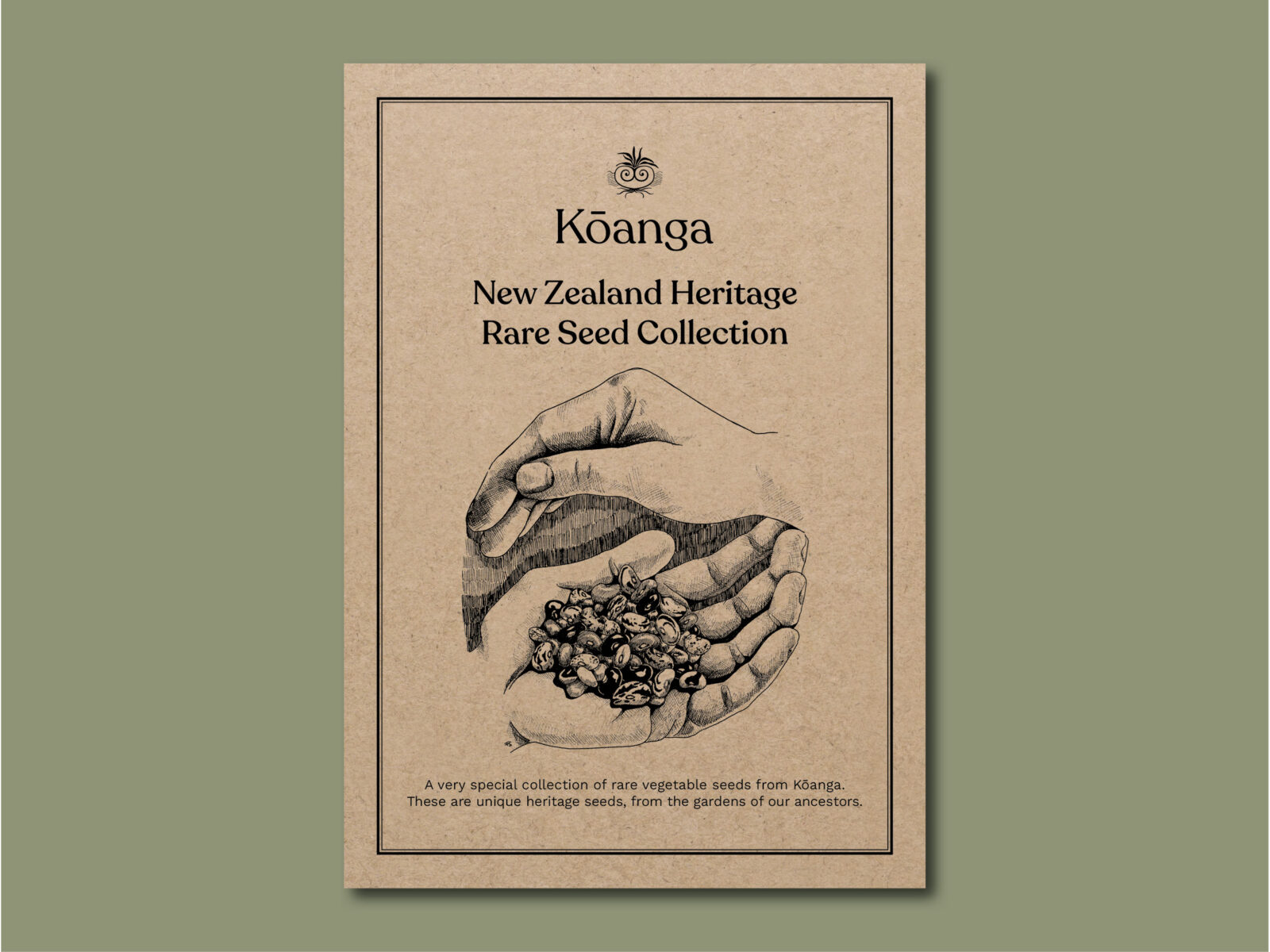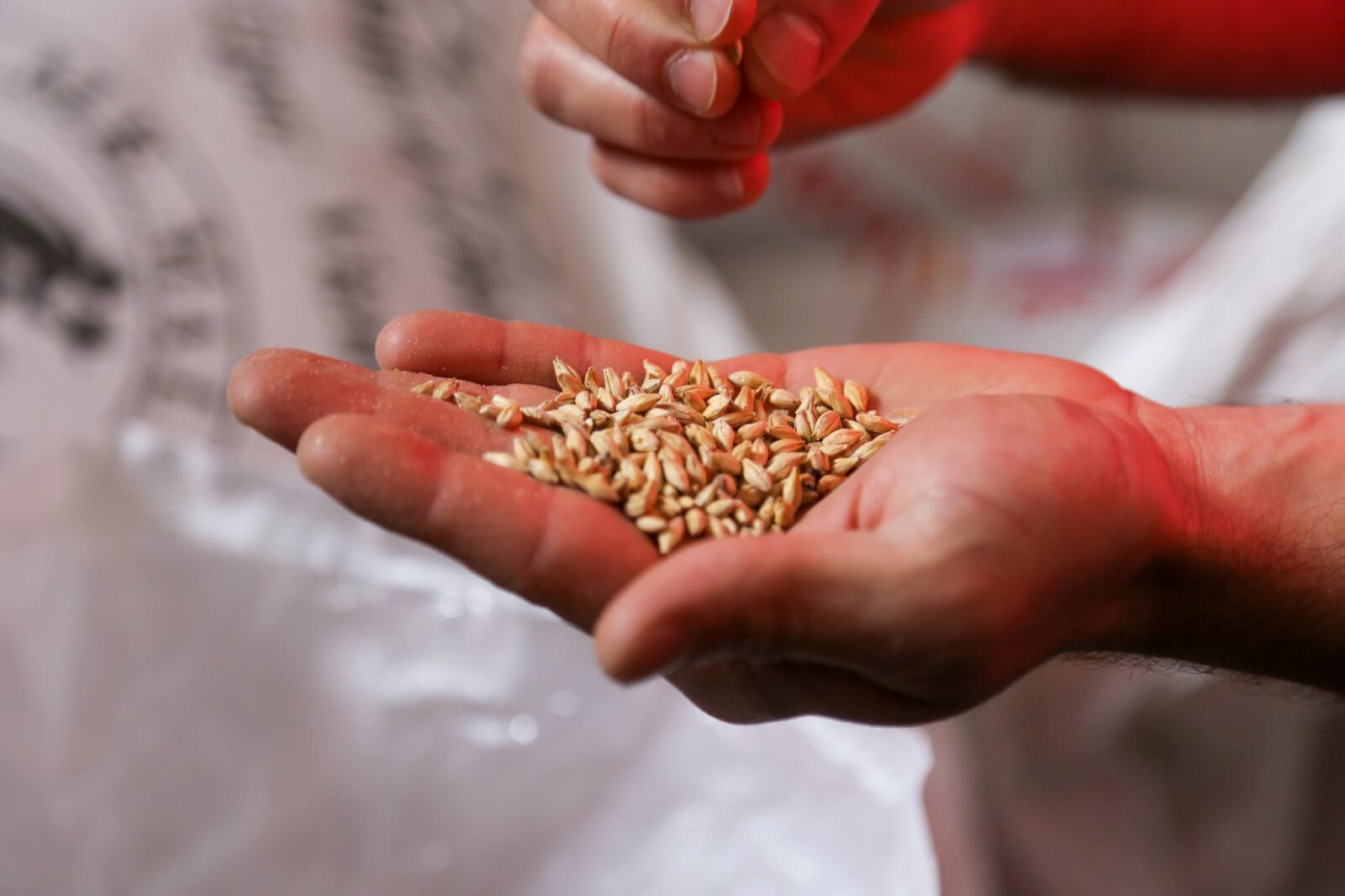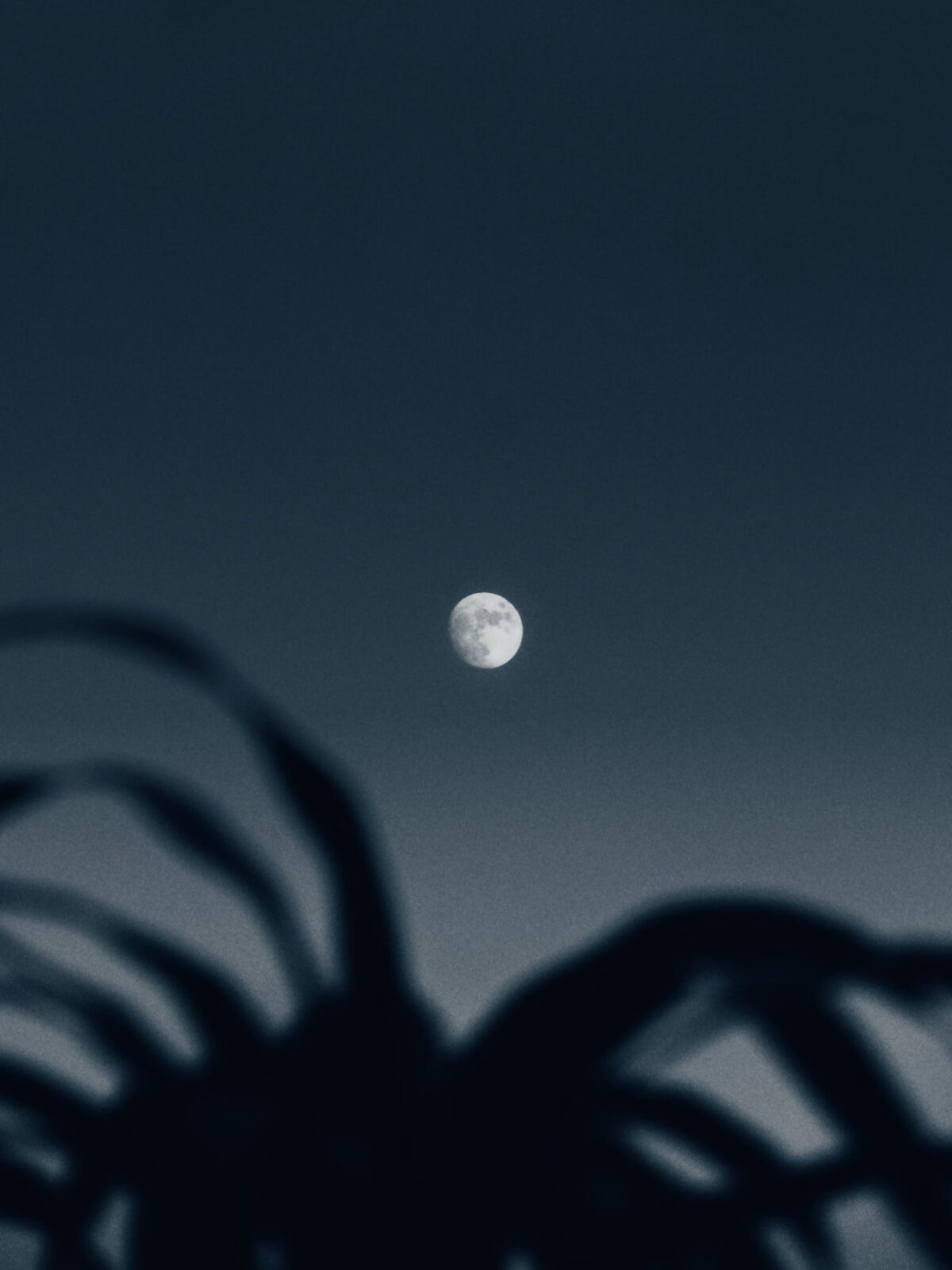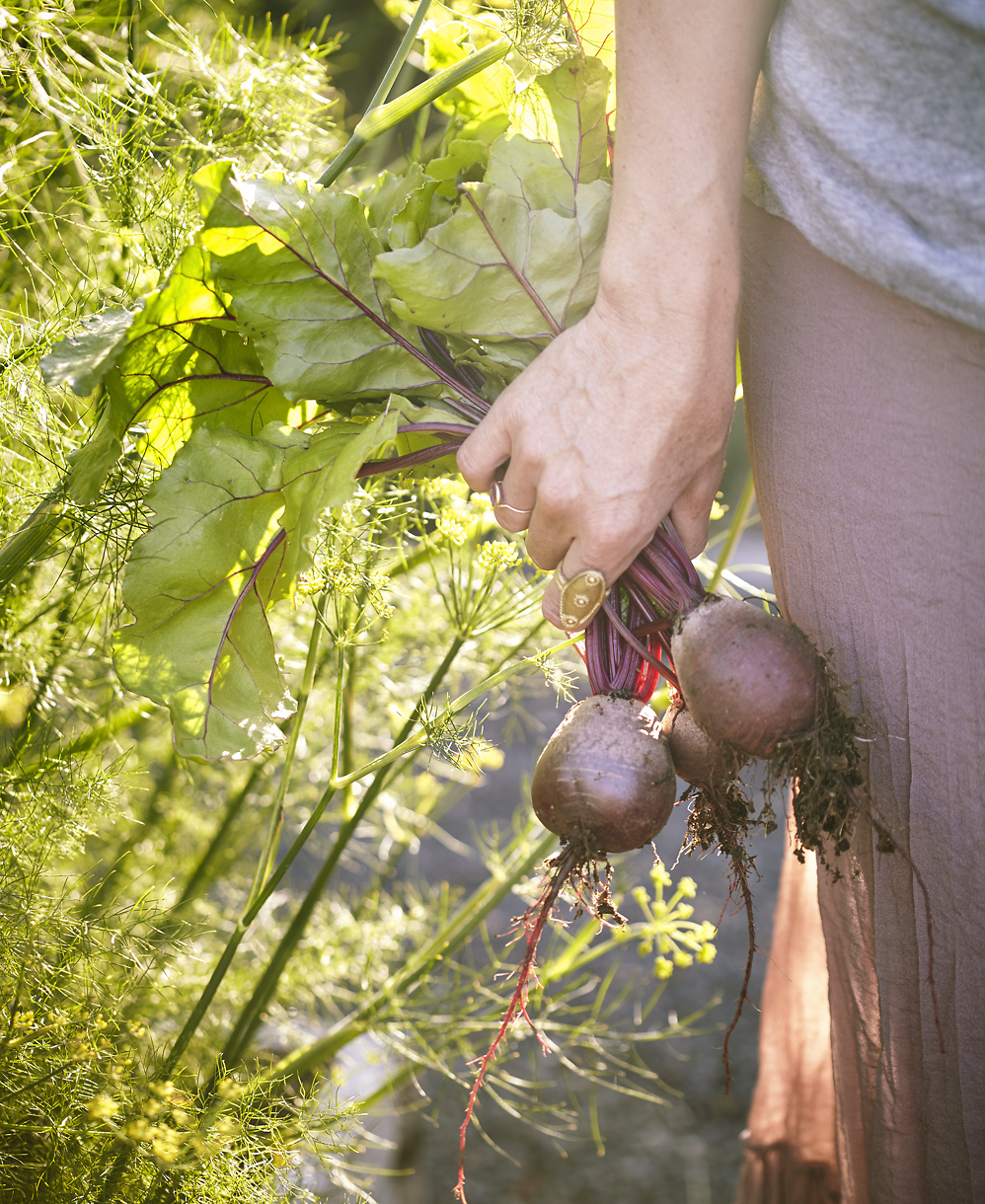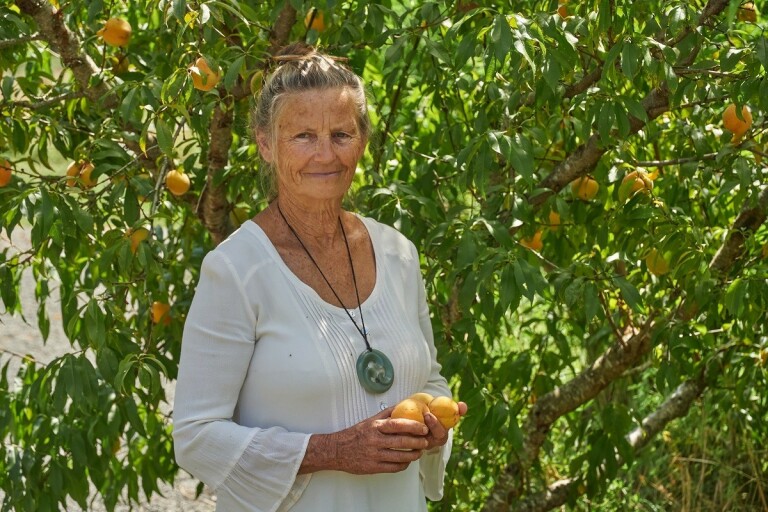The Home Of New Zealand’s Largest
Heritage Seed Bank & Food Plant Collection
We are a not-for-profit charity, here to inspire and support your journey in regenerative living.
Take a look around our website for 100% organic, regenerative and NZ grown seeds, trees, and perennials.
We also have workshops, guided tours, publications and a wealth of other useful information.
Our Shop
Explore a diverse array of New Zealand heritage seeds and plants, cultivated through regenerative and organic practices. Complementing this botanical richness are a curated selection of books, informative booklets, engaging workshops, and more.
Kōanga Monthly Moon Guide
We provide a monthly moon gardening guide that works in conjunction with lunar placements. It is available to view online or download as a PDF.
Saving New Zealand’s Heritage Food Plants
Kōanga’s story begins in the early 1980s when founders Kay Baxter and Bob Corker moved from Auckland up to Bob’s family farm in Kaiwaka. Kay noticed that the wild fruit trees growing along the roadsides and around the Kaipara Harbour were healthier and more productive, with far better tasting fruit than anything available in the Garden Centres. Kay realised that these trees had been brought here by early settlers and that they were mostly neglected and dying out. This prompted her to start collecting these heritage fruit trees, and in the process also began to collect and realise the importance of their stories and their whakapapa.
